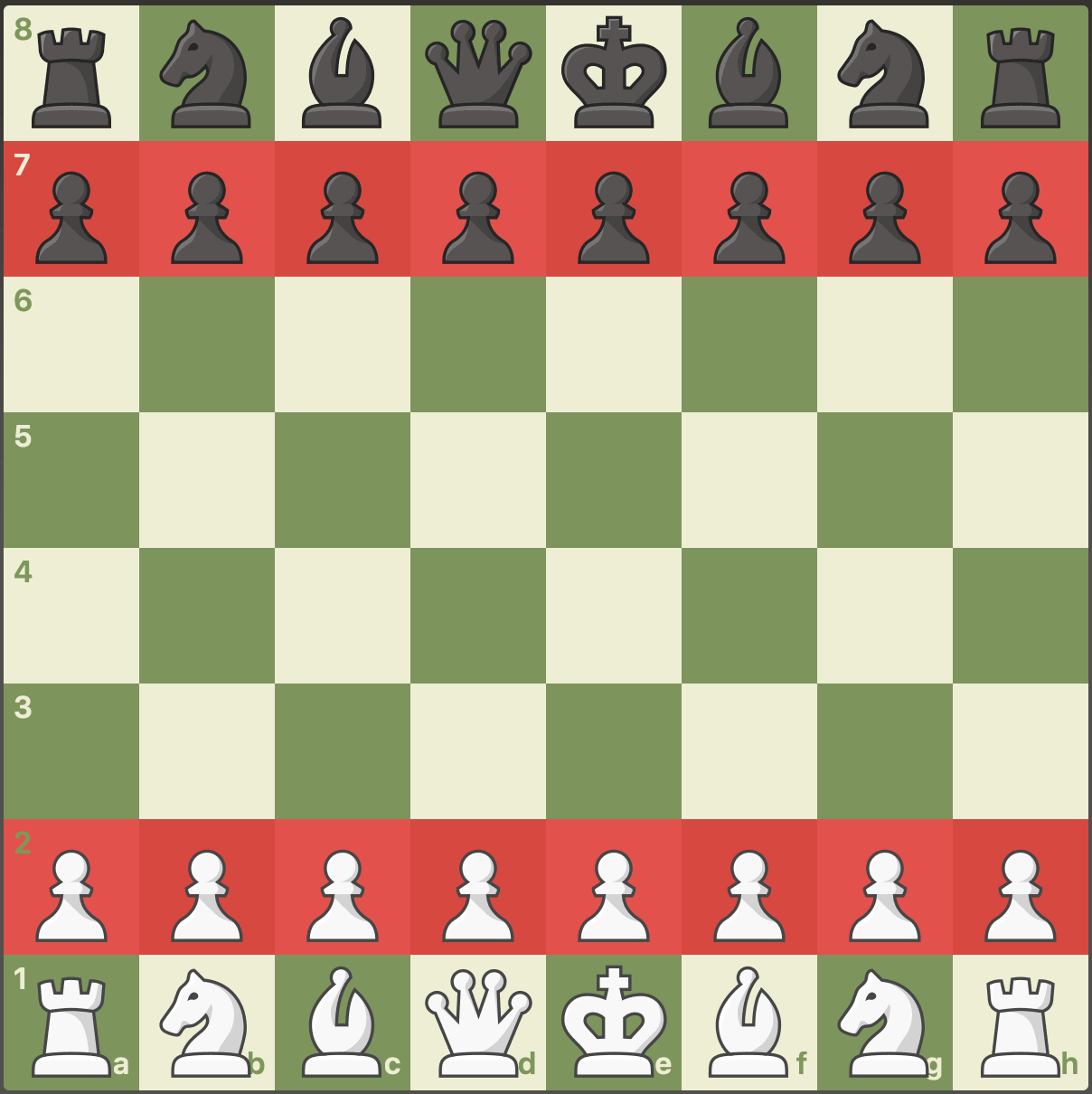Why You Should Play Chess: The Benefits of Taking Part In This Ageless Pundit Obstacle
Chess is even more than a basic game; it serves as a rigorous mental workout that hones different cognitive abilities. Gamers take part in strategic reasoning and create analytical capabilities, which can have lasting benefits in day-to-day life. The discipline required for renovation promotes perseverance and resilience. Yet, truth significance of chess lies not simply in its intellectual needs however in the connections it fosters within a neighborhood. Discovering these measurements exposes much about why chess continues to be ageless.
Enhancing Cognitive Abilities
Playing chess significantly improves cognitive abilities, making it a beneficial task for individuals of every ages. The game needs tactical reasoning and foresight, needing gamers to expect their challenger's relocations while creating a winning approach. This mental workout hones focus and focus, necessary parts of cognitive function.

In addition, chess motivates creative thinking, triggering gamers to explore innovative techniques and unusual approaches to the video game. As they navigate the chessboard, individuals establish persistence and resilience, important attributes for cognitive development. Generally, the multifaceted cognitive benefits of chess make it an enhancing quest, promoting lifelong imagination and intellectual interaction.
Increasing Problem-Solving Talents
Numerous research studies have revealed that taking part in chess can greatly boost analytic capabilities. The video game calls for gamers to analyze complicated settings and expect the challenger's actions, fostering critical believing abilities. As they browse different scenarios, chess gamers establish the capability to review numerous results and make tactical decisions under pressure. This procedure boosts their capability to method real-life problems with an organized way of thinking.
Furthermore, chess advertises the identification of patterns and the application of sensible reasoning, abilities that are vital in reliable analytical. Gamers discover to assess threats and benefits, refining their judgment in unsure situations. The recurring nature of chess play strengthens these skills, allowing people to transfer their improved analytic capacities to scholastic and expert contexts. Eventually, chess functions as a useful tool for any person seeking to sharpen their logical abilities and enhance their overall cognitive functioning in tough circumstances.
Growing Perseverance and Self-control
While involving in chess can be an amazing experience, it additionally calls for a significant degree of persistence and technique. Gamers should find out to very carefully think about each move, weighing prospective end results and techniques. This thoughtful strategy cultivates a mindset that values long-term success over prompt satisfaction. In chess, hasty choices often lead to unfavorable effects, reinforcing the value of taking one's time to examine the board and prepare for an opponent's reactions.

Technique is further cultivated through constant method and study. Players usually devote hours to enhancing their skills, studying methods, and assessing previous video games. This commitment to understanding the game instills a feeling of duty and willpower, crucial attributes that prolong beyond the chessboard. Eventually, the combination of persistence and self-control not only enhances a player's chess abilities yet likewise adds to personal development, equipping individuals with essential tools for navigating obstacles in numerous facets of life.
Cultivating Creative Thinking and Creative Imagination

Strategizing steps involves not just reasoning however likewise the capability to expect a challenger's responses, motivating gamers to imagine numerous paths and choices. As gamers trying out various methods, they discover to introduce and adapt, enhancing their creative analytic skills.
The game's complexity invites players to explore unique ideas and strategies, leading to individual styles of play - Chess. This expedition supports a sense of artistic expression, as each gamer crafts their own method to obstacles on the board. Inevitably, chess becomes a canvas for creative thinking, allowing individuals to reveal their distinct point of views while creating their creative capacities
Building Social Connections and Community
Playing chess provides chances for individuals to network through events and neighborhood chess clubs. These environments promote links among gamers, producing a sense of recreation center around a common interest. Taking part in these activities not just boosts skills yet also develops long-term connections.
Networking Through Tournaments
When participants take part in chess competitions, they typically locate themselves engaged in a vibrant neighborhood of similar individuals. These occasions provide an excellent system for gamers to build connections, share approaches, and celebrate their interest for the video game. Participating in pleasant competition fosters camaraderie, as gamers from varied my site backgrounds collaborated to challenge each other. Networking opportunities abound, with several individuals creating long-term friendships that prolong past the chessboard. Additionally, these competitions usually draw in enrollers and chess lovers, even more boosting the potential for specialist connections. As players involve in conversations about techniques and experiences, they develop a network that can result in future partnerships and chances within the chess world and past.
Local Chess Clubs

Giving a Fun and Involving Challenge
Chess supplies a distinctively stimulating experience that astounds players of all ages, as it combines calculated reasoning with the thrill of competitors. This ageless video game provides an engaging obstacle, encouraging individuals to assume critically and artistically. Each suit unravels as a battle of wits, where gamers must anticipate their challenger's relocations while creating their own strategies.
The intellectual involvement chess gives is matched by its capability to captivate. Players frequently find themselves submersed in the video game, misplacing time as they navigate complicated settings and tactical dilemmas (Chess). This heightened emphasis promotes a sense of achievement, particularly when a difficult step leads to victory
Chess promotes social communication, allowing gamers to bond over shared experiences and obstacles. The video game's limitless variants ensure that no two sessions are alike, maintaining individuals enthusiastic to fine-tune their abilities and methods. This vibrant mix of challenge and satisfaction makes chess an alluring quest.
Regularly Asked Concerns
Can Chess Be Played Online or personally?
Chess can be played both online and in person. Online systems supply gamers the comfort of completing against challengers worldwide, while in-person video games cultivate social communication and physical presence, enriching the total experience.
What Age Is Ideal to Start Understanding Chess?
Specialists recommend that kids can start learning chess as early as age 5 or 6. At this age, they can realize fundamental principles, boosting cognitive abilities while fostering a love for the game that lasts a lifetime.
Are There Chess Tournaments for Beginners?
Yes, there are chess competitions specifically designed for newbies. These occasions offer a supportive setting for amateur players to obtain experience, improve their skills, and appreciate the competitive spirit of chess without facing advanced challengers.
The length of time Does It Take to Come To Be Skilled at Chess?
Coming to be skillful at chess commonly needs regular technique over numerous months to years. Variables such as individual dedication, previous experience, and research study of methods substantially affect the moment required to reach a qualified degree.
What Resources Are Readily Available for Understanding Chess Strategies?
Various sources exist for learning chess techniques, consisting of on-line tutorials, books by distinguished writers, chess applications, and interactive websites. Numerous gamers also gain from signing up with regional clubs or taking part in online discussion forums for real-time insights.